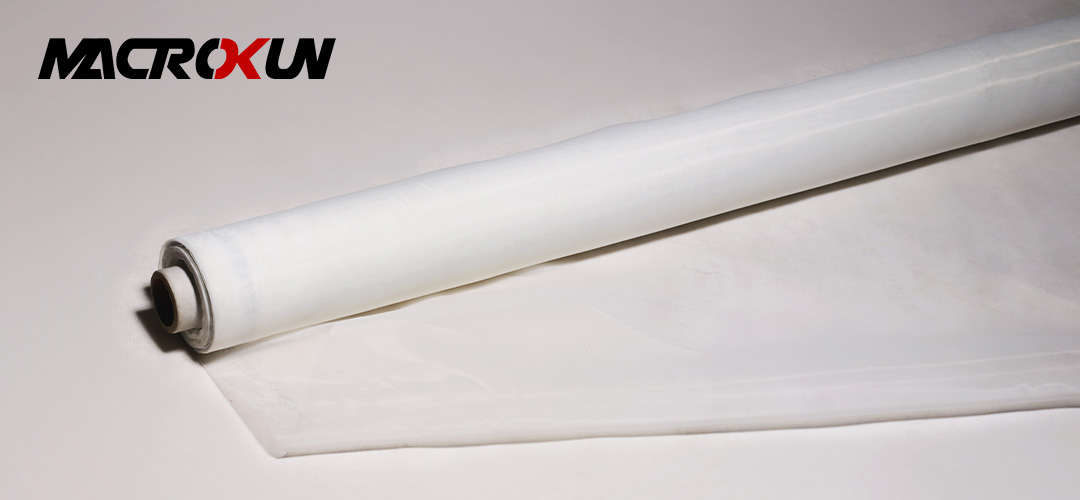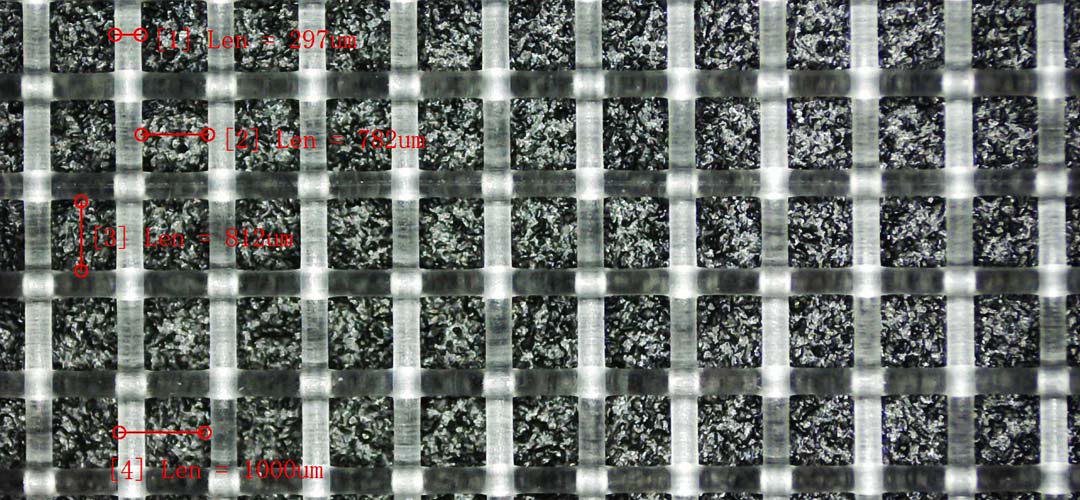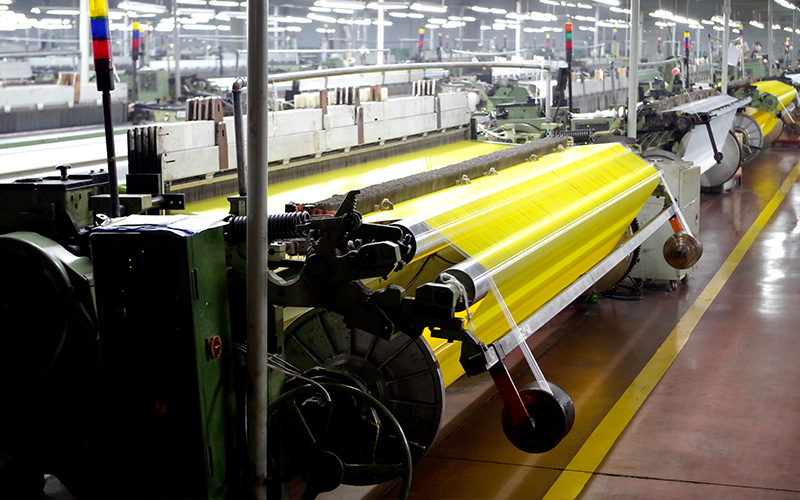Nylon mesh filter sock strainers are an essential tool for many industries, including food and beverage, pharmaceutical, and chemical processing. These strainers are designed to remove impurities and particles from liquids, ensuring a clean and pure final product. There are several benefits to using nylon mesh filter sock strainers in your operations.
One of the primary benefits of nylon mesh filter sock strainers is their ability to effectively filter out particles of various sizes. The mesh material is designed to trap particles as small as a few microns, ensuring that your liquid is free of contaminants. This level of filtration is crucial for industries that require a high level of purity in their products.
Another benefit of nylon mesh filter sock strainers is their durability and longevity. These strainers are made from high-quality nylon material that is resistant to corrosion and wear. This means that they can withstand the rigors of daily use without deteriorating or losing their effectiveness. Investing in nylon mesh filter sock strainers can save you money in the long run by reducing the need for frequent replacements.
In addition to their durability, nylon mesh filter sock strainers are also easy to clean and maintain. The mesh material can be easily rinsed or washed to remove trapped particles, ensuring that the strainer remains in optimal condition. Regular maintenance of your strainers will help prolong their lifespan and ensure that they continue to provide effective filtration.
Nylon mesh filter sock strainers are also versatile and can be used in a variety of applications. Whether you are filtering water, chemicals, or food products, these strainers can effectively remove impurities and ensure a clean final product. Their flexibility makes them a valuable tool for many industries that require precise filtration.

Furthermore, nylon mesh filter sock strainers are cost-effective compared to other filtration methods. Their initial investment is relatively low, especially when considering their durability and longevity. By using nylon mesh filter sock strainers, you can save money on replacement costs and ensure that your products meet the highest quality standards.
Overall, nylon mesh filter sock strainers offer a range of benefits for industries that require precise filtration of liquids. Their ability to effectively filter out particles of various sizes, durability, ease of maintenance, versatility, and cost-effectiveness make them a valuable tool for any operation. By incorporating nylon mesh filter sock strainers into your processes, you can ensure that your products are free of contaminants and meet the highest quality standards.
Nylon mesh filter sock strainers are essential tools in many industries, including food and beverage, pharmaceuticals, and water treatment. These strainers help to remove impurities and particles from liquids, ensuring that the final product is clean and free of contaminants. To ensure the effectiveness of nylon mesh filter sock strainers, proper maintenance and cleaning techniques must be followed.
One of the best practices for maintaining nylon mesh filter sock strainers is to regularly inspect them for any signs of wear or damage. Over time, the mesh material can become worn or torn, reducing the strainer’s effectiveness. By inspecting the strainers regularly, any issues can be identified and addressed before they become a problem.
In addition to regular inspections, it is important to clean nylon mesh filter sock strainers after each use. This helps to prevent the buildup of debris and contaminants on the mesh material, which can reduce the strainer’s efficiency. To clean the strainers, simply rinse them with warm water and a mild detergent, making sure to remove any trapped particles from the mesh.
For more stubborn debris, a soft-bristled brush can be used to gently scrub the mesh material. It is important to avoid using harsh chemicals or abrasive cleaning tools, as these can damage the mesh and reduce the strainer’s lifespan. After cleaning, be sure to thoroughly rinse the strainers to remove any soap residue.
Another best practice for maintaining nylon mesh filter sock strainers is to properly store them when not in use. Storing the strainers in a clean, dry area helps to prevent the growth of mold and bacteria on the mesh material. It is also important to store the strainers in a way that prevents them from becoming tangled or damaged.

In addition to regular maintenance and cleaning, it is important to replace nylon mesh filter sock strainers when they become worn or damaged. Using strainers that are past their prime can lead to ineffective filtration, potentially compromising the quality of the final product. By replacing strainers as needed, you can ensure that your filtration system continues to operate at peak efficiency.

Overall, proper maintenance and cleaning techniques are essential for ensuring the effectiveness of nylon mesh filter sock strainers. By regularly inspecting, cleaning, and storing the strainers, you can prolong their lifespan and maintain the quality of your products. Additionally, replacing worn or damaged strainers as needed helps to ensure that your filtration system continues to operate at peak efficiency. By following these best practices, you can maximize the performance of your nylon mesh filter sock strainers and ensure the quality of your final product.
When it comes to choosing the right size and micron rating for nylon mesh filter sock strainers, there are several best practices to keep in mind. These strainers are commonly used in a variety of industries, including food and beverage, pharmaceutical, and chemical processing. The size and micron rating of the filter sock strainer you choose will depend on the specific application and the type of particles you need to filter out.
One of the first things to consider when selecting a nylon mesh filter sock strainer is the size of the particles you need to filter. The size of the particles will determine the micron rating of the filter sock strainer. Micron ratings range from 1 to 200 microns, with lower micron ratings indicating a finer mesh that can capture smaller particles. For example, if you are filtering out large particles, such as debris or sediment, a filter sock strainer with a higher micron rating, such as 100 or 200 microns, may be sufficient. However, if you need to filter out smaller particles, such as bacteria or fine particles, a filter sock strainer with a lower micron rating, such as 1 or 5 microns, may be more appropriate.
In addition to considering the size of the particles you need to filter, it is also important to choose the right size filter sock strainer for your application. Filter sock strainers come in a variety of sizes, ranging from small, handheld strainers to large, industrial-sized strainers. The size of the filter sock strainer you choose will depend on the flow rate of the liquid you are filtering and the amount of particles you need to capture. For example, if you are filtering a large volume of liquid, such as in a chemical processing plant, you may need a larger filter sock strainer with a higher flow rate. On the other hand, if you are filtering a smaller volume of liquid, such as in a laboratory setting, a smaller filter sock strainer with a lower flow rate may be sufficient.
When selecting a nylon mesh filter sock strainer, it is important to consider both the size and micron rating of the strainer to ensure that it is effective in capturing the particles you need to filter out. It is also important to consider the material of the filter sock strainer, as nylon mesh is durable and resistant to chemicals, making it ideal for a variety of applications. By following these best practices, you can ensure that you choose the right size and micron rating for your nylon mesh filter sock strainer and effectively filter out particles in your application.
Pre: Top Applications of Nylon Mesh Filter Cylinders in Industries
Next: Maximizing Efficiency with Nylon Mesh Filter Panel Strainers

MACROKUN has established long-term and stable cooperative relations with many transportation companies such as China Post, DHL, FEDEX, USPS, UPS, etc. Of course, MACROKUN can also provide air and sea transportation. The powerful logistics system enables all MACROKUN'S Printing Mesh, Filter Mesh and Filter Bags and so on to be easily and efficiently transported to any place. For quotes and inquiries, please email our sales team.





